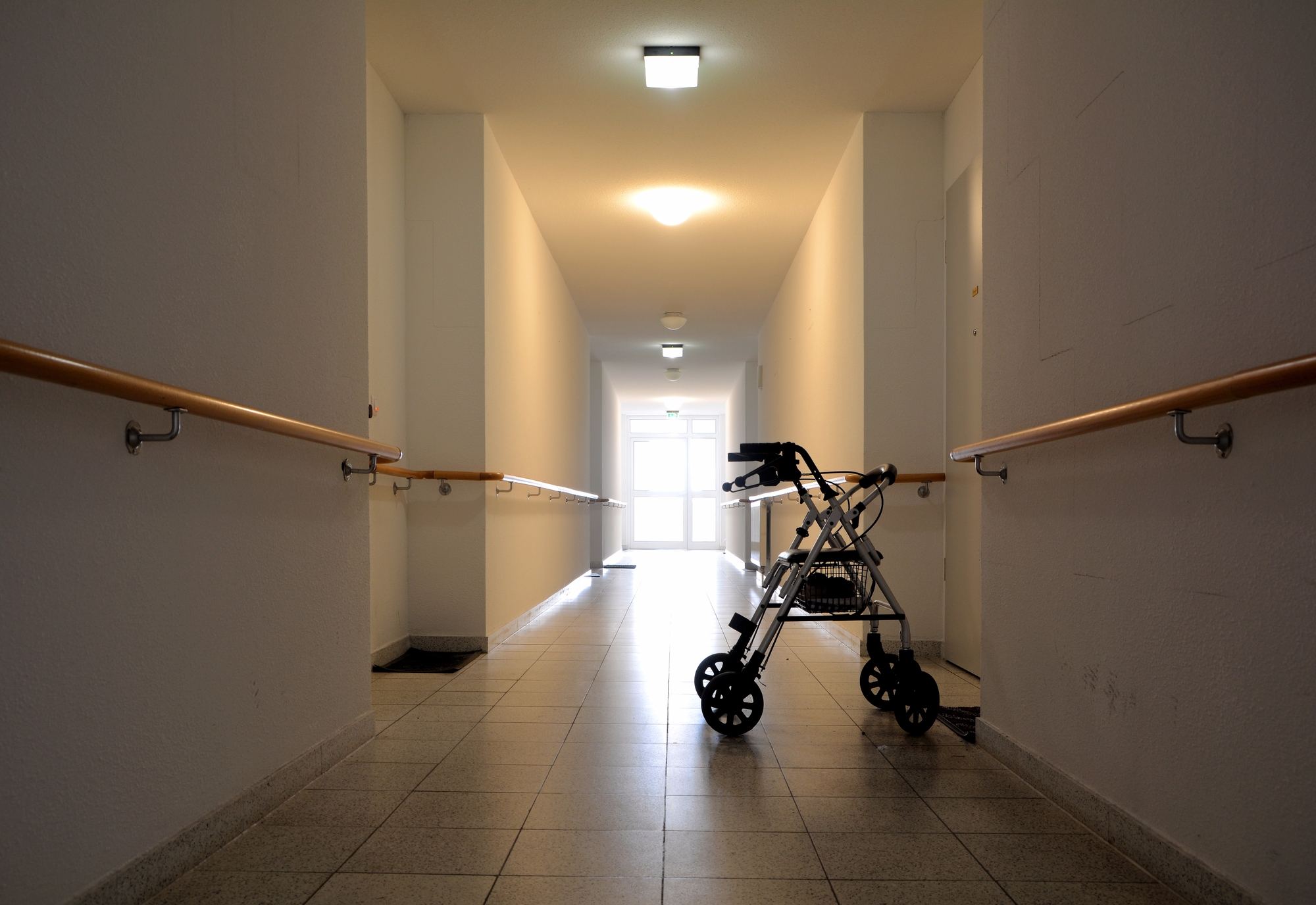
In February 2020, a 50-year-old Tennessee healthcare worker was charged with rape and sexual battery for assaulting an 84-year-old woman at her assisted living facility.
The woman has Alzheimer’s and is unable to function mentally or physically on her own. She was unfairly targeted because she was mentally incapacitated and physically helpless.
The Sad Truth about Elder Sexual Abuse and Nursing Home Rape
Sexual abuse is one of the several forms of elder abuse that can occur in nursing homes and long-term care facilities.
Both senior men and women are subject to elder sexual abuse, which is any sexual interaction that was not agreed to. Not only can this abuse result in physical injuries, but it can also cause psychological trauma and, in some cases, sexually transmitted diseases.
This horrific form of abuse is a largely hidden problem because:
- Many victims have cognitive conditions, such as dementia.
- Complaints are often not taken seriously.
- Family and friends are unwilling to admit the possibility.
- Unscrupulous facility owners want to avoid lawsuits and fines.
- Workers are often improperly screened.
- Workers are often not given the specific training required to spot sexual abuse.
Statistics on Rape & Sexual Abuse in Nursing Homes
Approximately 16,000 reports of sexual abuse in nursing homes have been made since 2000 according to the World Health Organization and the Department of Justice.
- 7.9% (approximately) of elder abuse complaints are for sexual abuse
- 30% (approximately) of the elderly (over the age of 65) victims of sexual abuse report the abuse to the authorities.
- 83% (approximately) of victims of elder sexual abuse reside are residents of a nursing home or other institutional care center.
- 80% (approximately) of the perpetrators of elder sexual abuse is the senior’s caregiver.
- Women are 6x more likely to be victims of elder sexual abuse.
- People with mental impairments, such as dementia, are more likely to be victims of sexual abuse.
Who Is Most at Risk of Elderly Sexual Abuse in a Nursing Home?
Victims of sexual abuse in nursing homes are often the most vulnerable residents who are physically unable to defend themselves and too frightened to speak out about the abuse. The residents are most at risk include:
- Women who are in general perceived to be weaker than men
- Older residents who are considered weaker and more vulnerable
- Patients who suffer from dementia, Alzheimer’s disease, or other forms of mental impairment
- Residents who are socially isolated from their families, friends, and others
- Residents who are experiencing other forms of neglect from caregivers
- Patients with disabilities, including those that make communication difficult
Recognizing the Signs of Elder Sexual Abuse
Sexual abuse in nursing homes can take on many different forms. Unfortunately, victims of sexual abuse do not always tell their families or loved ones. Therefore, it’s important to know and spot the physical signs of sexual abuse, including:
- Unexplained sexually transmitted diseases or infections
- Bruises on the breasts, inner thighs, buttocks, or genitalia
- Ripped, bloody or unusually stained undergarments
- Bleeding in the vaginal or anal area
- Unusual mood swings and agitation
- Atypical difficulty sitting, standing, and walking
- Depressed or withdrawn behavior
- Panic attacks
- Anxious or fearful behavior around certain residents or staff members
- Emotional or social withdrawal
- Suicide attempts
Reporting Elder Sexual Abuse
If you believe that there is elder sexual abuse occurring in a nursing home, whether you are a relative of the abused senior or not, report it to authorities immediately. Find complete details at How to Report Nursing Home Abuse & Neglect.
Preventing Nursing Home Sexual Abuse
When searching for a nursing home for a family member, there are steps you can take to identify a safe facility.
- Look at more than one facility
- Review facility ratings
- Talk to families of current residents about their opinions of the care being given
- Visit the facility at different times on different days, including nighttime and weekends
- Observe how residents are treated
Once you have found the best facility and your family member has become a resident, visit often and look for any signs that could indicate abuse of any sort, including sexual.
Next Steps
As upsetting as all of this may be, it’s important that it is brought to the surface. The more that we are aware of the statistics, risks, and signs of abuse, the better the chances are for preventing it from happening to our vulnerable seniors.
To learn more about the signs and types of sexual abuse in nursing homes, we’d encourage you to read our resource on the Types of Nursing Home Abuse.
If you have questions or believe someone has been sexually abused in a long-term care facility, do not hesitate to call our legal team or contact us directly.

2 thoughts on “How Common is Sexual Abuse in Nursing Homes?”
Comments are closed.